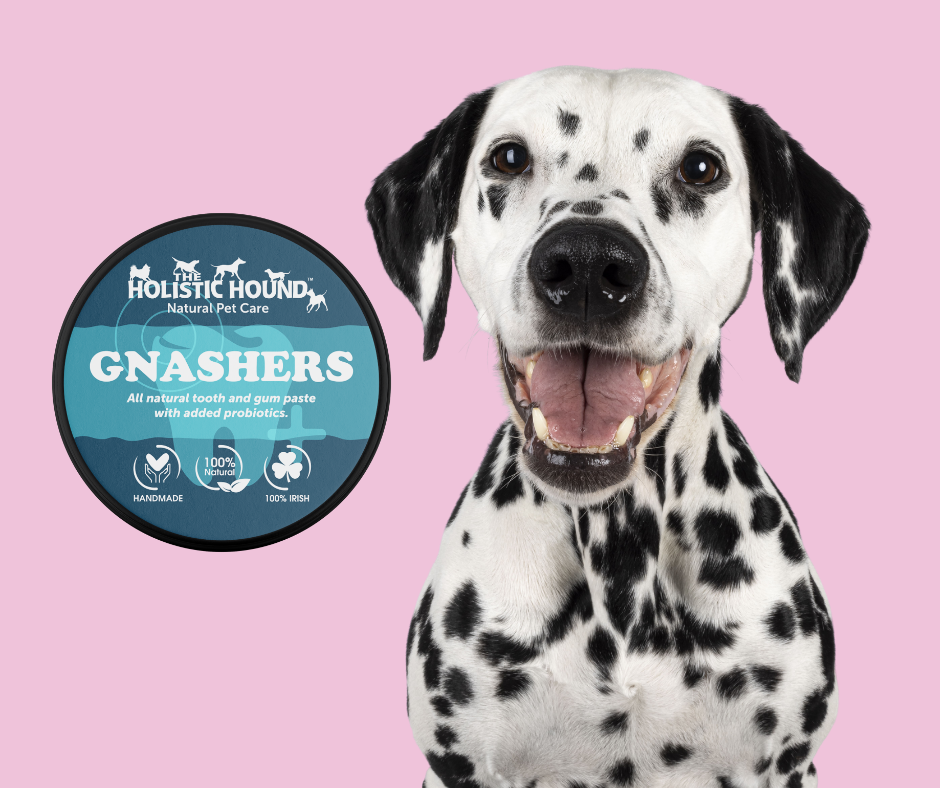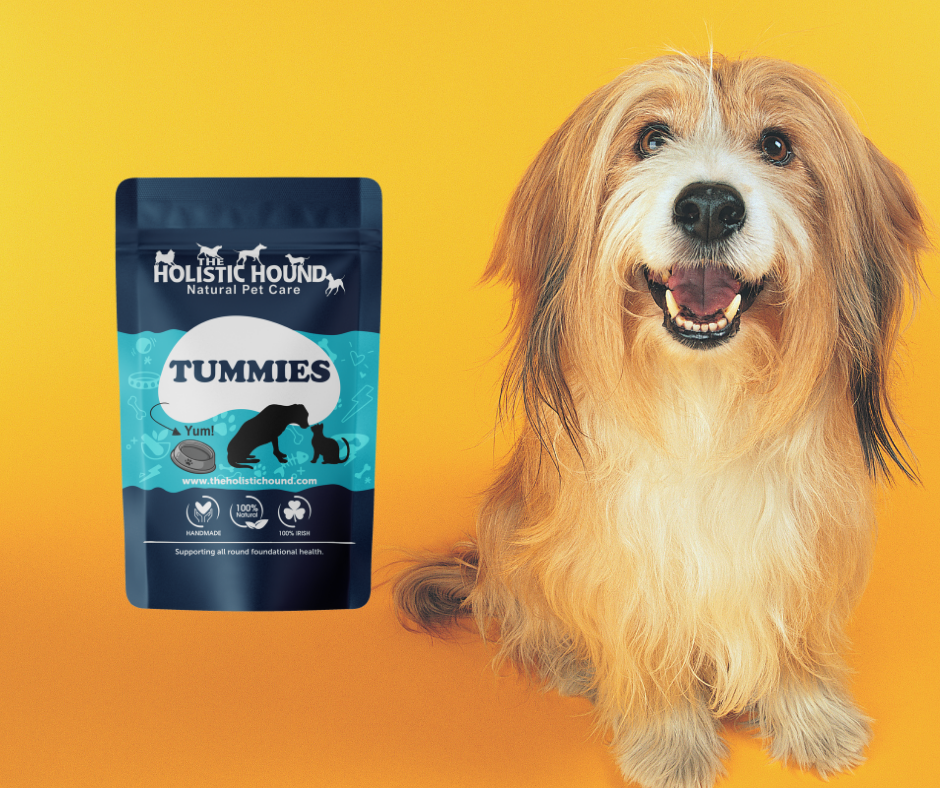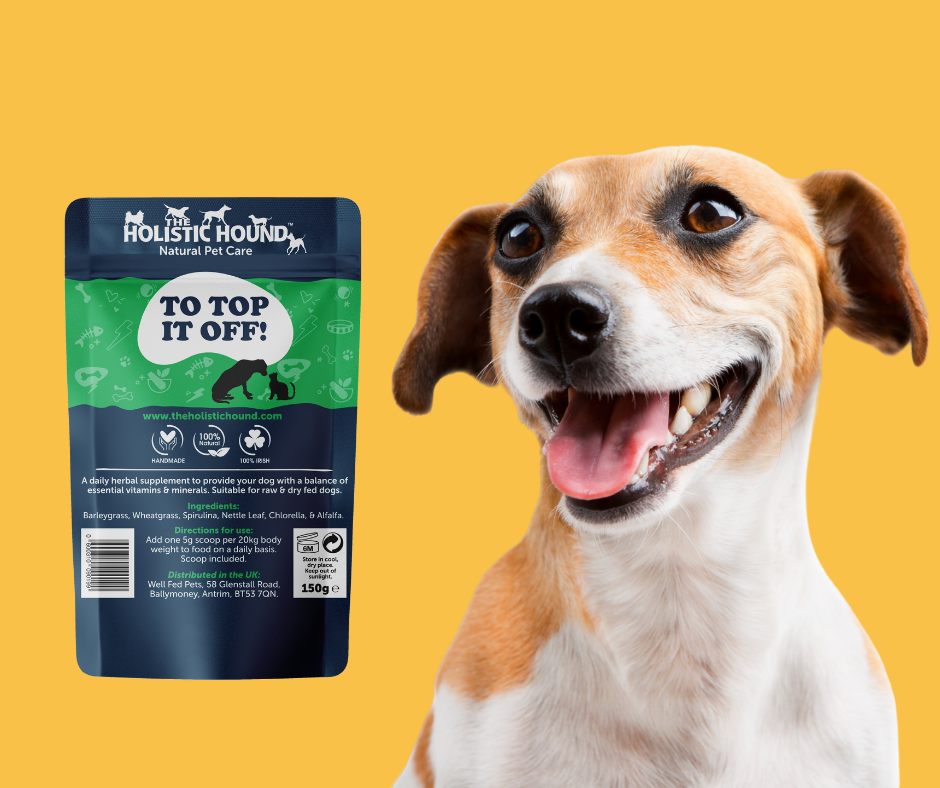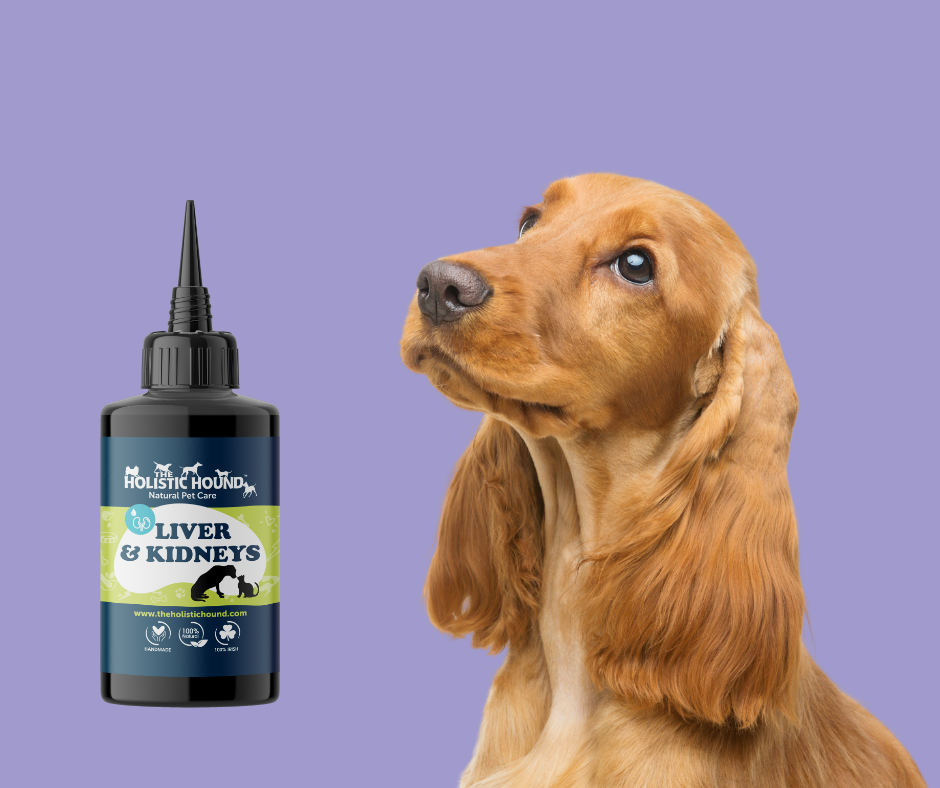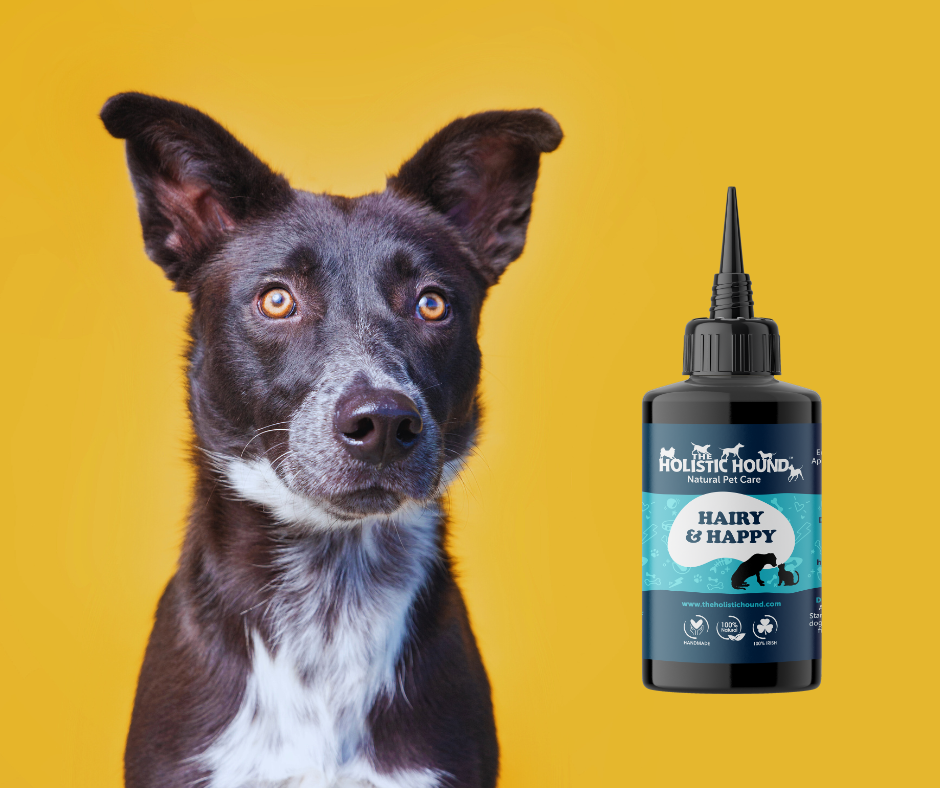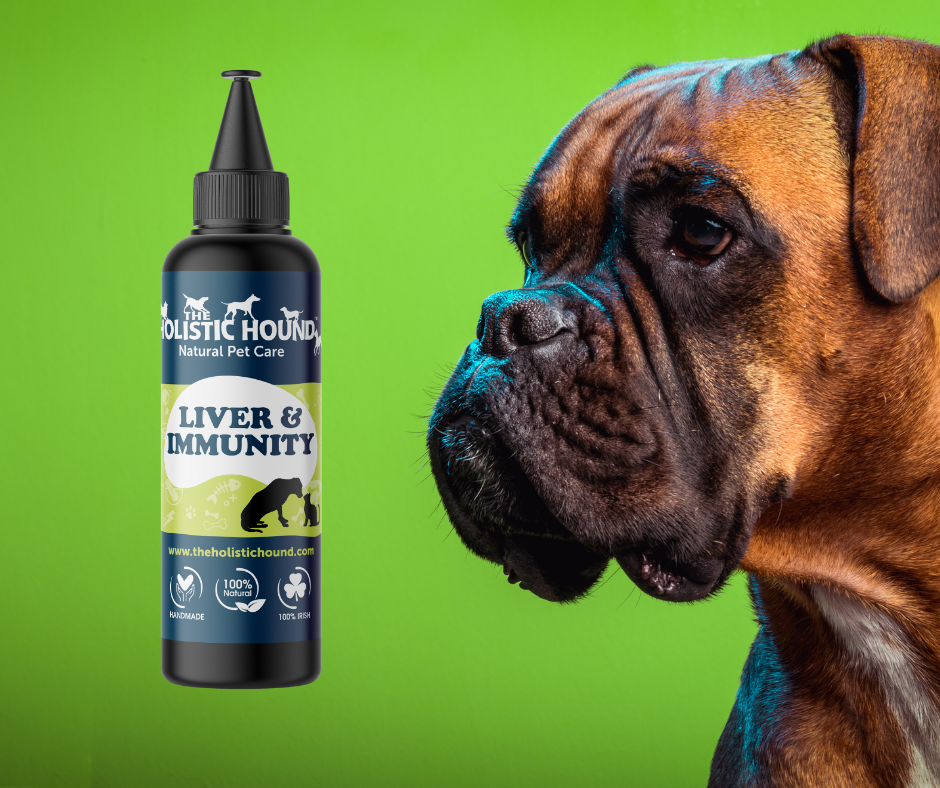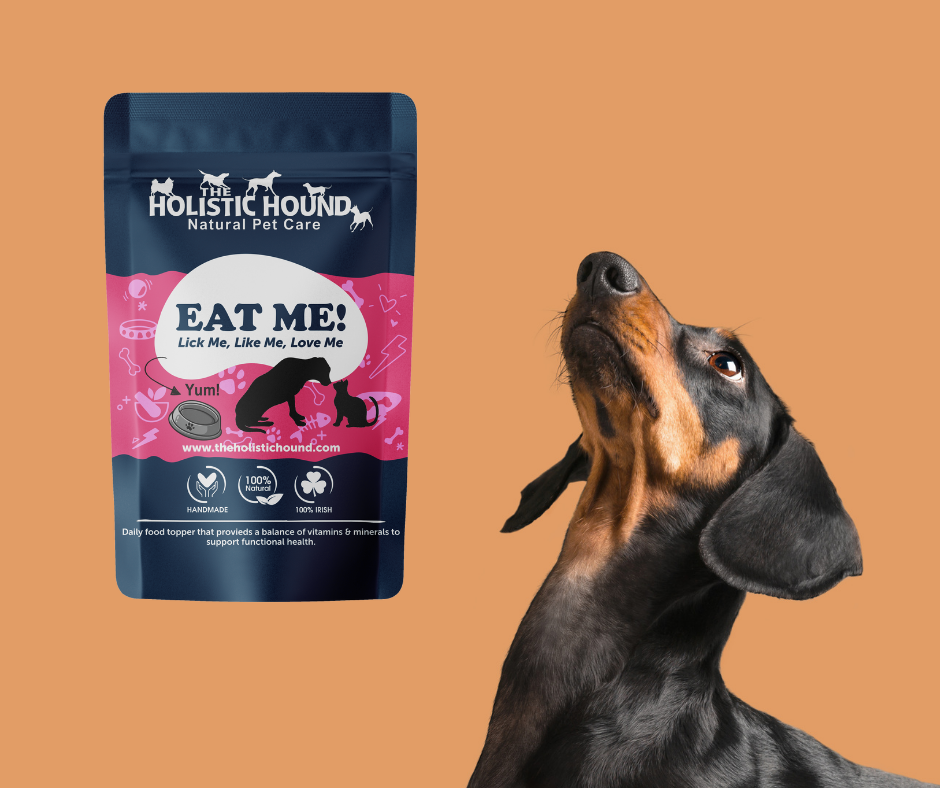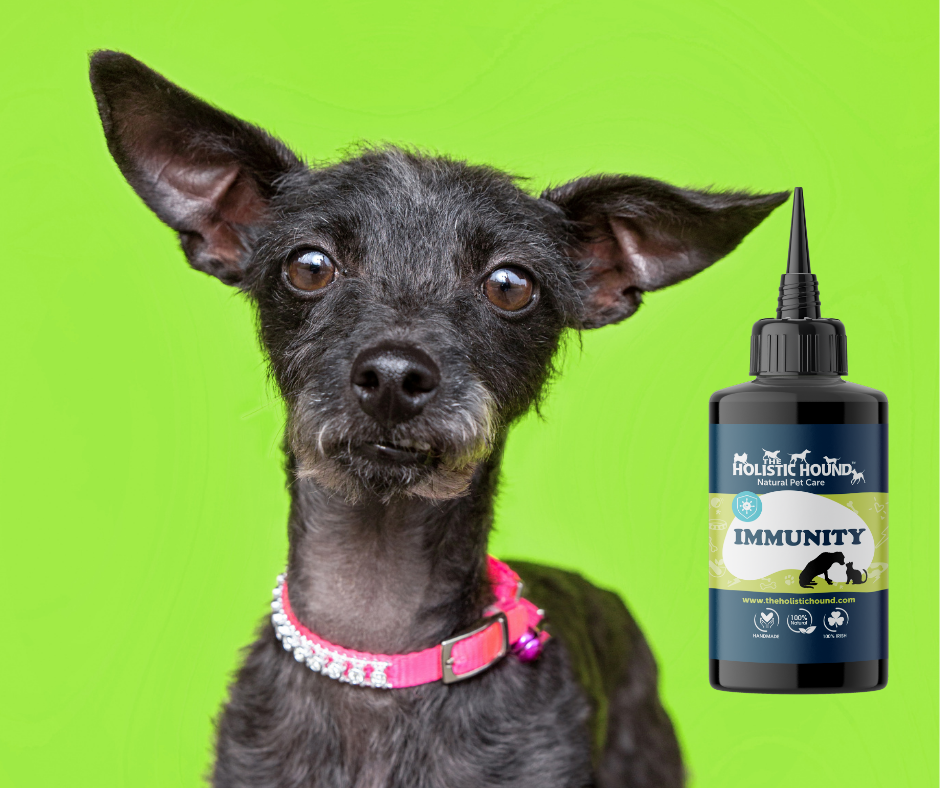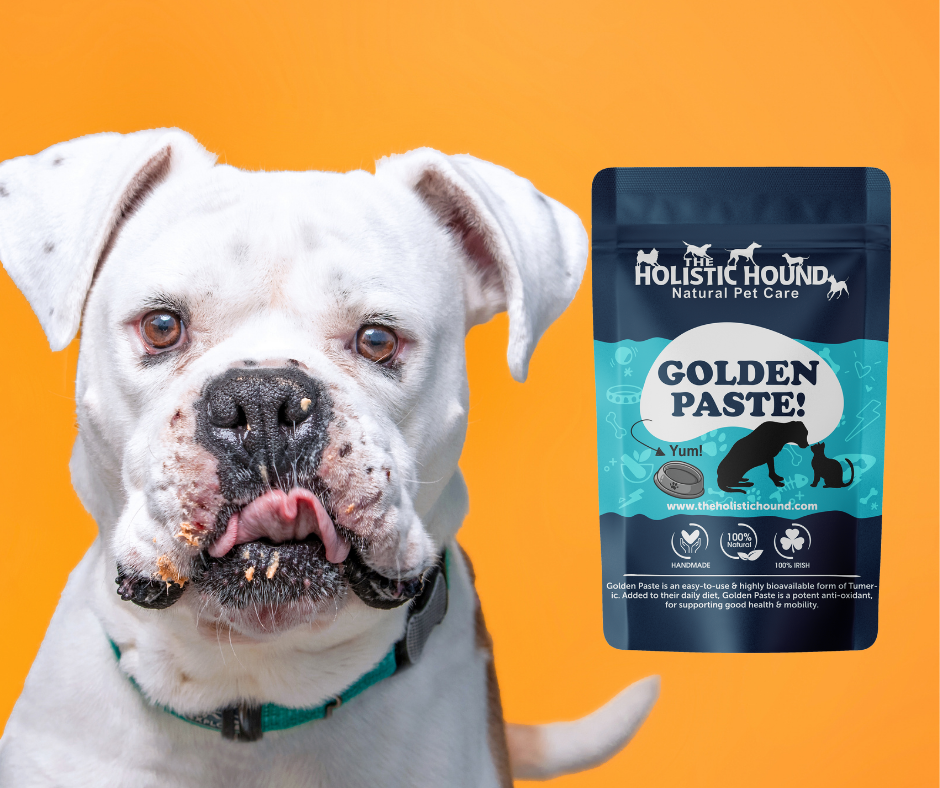

Can My Dog Eat This? - Dairy
This is our latest post in the series covering foods that your dog can / should eat or avoid completely. We break it down into bitesize articles and will cover everything from artichokes to antelope! These are all extracts from Jo’s upcoming book called “Can My Dog Eat This?”
We’re not going to milk this too much…. :)
Does your dog need dairy products in his diet? No, and a dog’s digestion system is not designed for consuming dairy.

Dairy contains lactose. Lactose is made up of two sugar molecules chemically linked together. For a dog to digest any dairy product, the lactose must first be broken apart. And to do that a dog’s body must be able to produce a special lactose-splitting enzyme known as lactase.
Puppies produce lactase in order to fully reap the benefits of their mother’s milk. However, once weaned, lactase production drops to the point that only small amounts of lactose can be consumed at a time without digestive upset.
However, most dairy products are tolerated well by dogs, and they can have their benefits. That is because it depends on how much lactose is in the food. The higher the amount of lactose, the greater the risk of digestive upset. Not all dairy products contain the same amount of lactose.
Weirdly, many types of cheese contain much less lactose than the milk they come from. Cheddar cheese for example has almost zero levels of lactose.
If you find dairy creates digestive upset in your dog then it is likely he is lactose intolerant and so feeding any further dairy should be avoided.
Dairy also has a number of different properties that cause inflammation including proteins, hormones and sugar. So, if your dog is prone to chronic skin or digestive issues, it’s a good idea to skip dairy products completely.

Raw Milk
Raw, organically grown, unpasteurised, unhomogenized milk straight from a healthy cow or goat can be an excellent treat for dogs.
Pasteurised Milk
Unfortunately, most milk is pasteurised. Pasteurisation kills nearly all the good stuff in milk, the probiotics, bacteria, yeast, moulds, and enzymes in milk, including lactase. This processing also renders milk highly irritating to the intestinal tract, and as a result the protein found in milk, caseins and whey proteins, can be a major cause of inflammation and can cause your dog to have an allergic response.
The bottom line is if your dog accidentally ingests a pint of milk, or gets hold of a pot of cream, or even shares your ice cream, it is nothing to worry about. In the short term he may experience some tummy upset, gas and runny poops. But it should never be added to your dog’s diet deliberately.
Stay tuned for more "Can My Dog Eat This?" posts.
About these posts...
Well, a sea change is taking place in the world of pet nutrition. More and more owners are moving away from processed dry and tinned foods towards more natural, healthy diets for their pets. With this shift comes considerable confusion and misinformation. Are blackberries poisonous? Is garlic good or bad for dogs? What about avocado?
There is an important distinction between what dogs can eat and what dogs should eat. As with humans, dogs need a balanced diet to thrive. These posts will hopefully give you a steer in the right direction!
